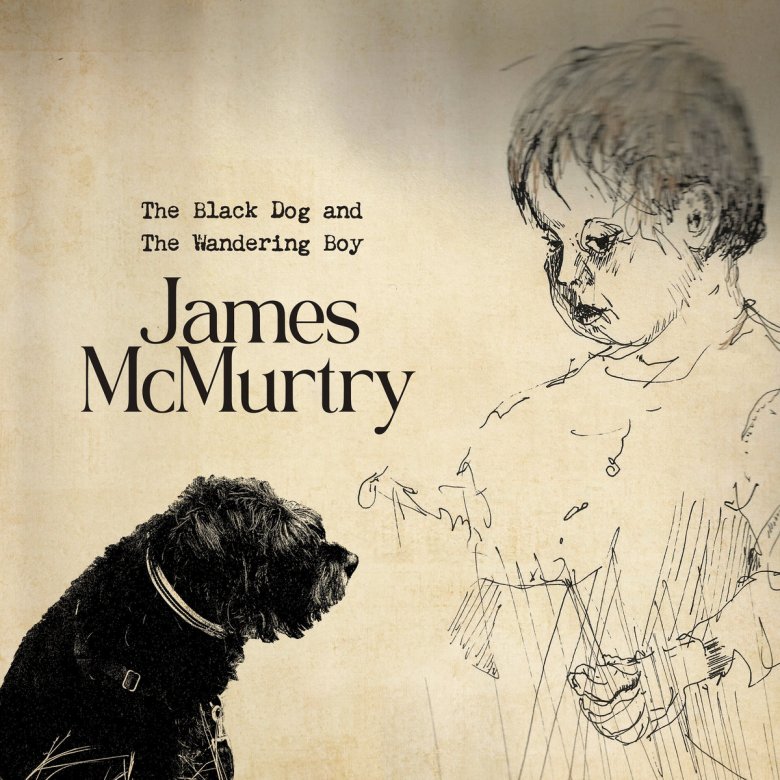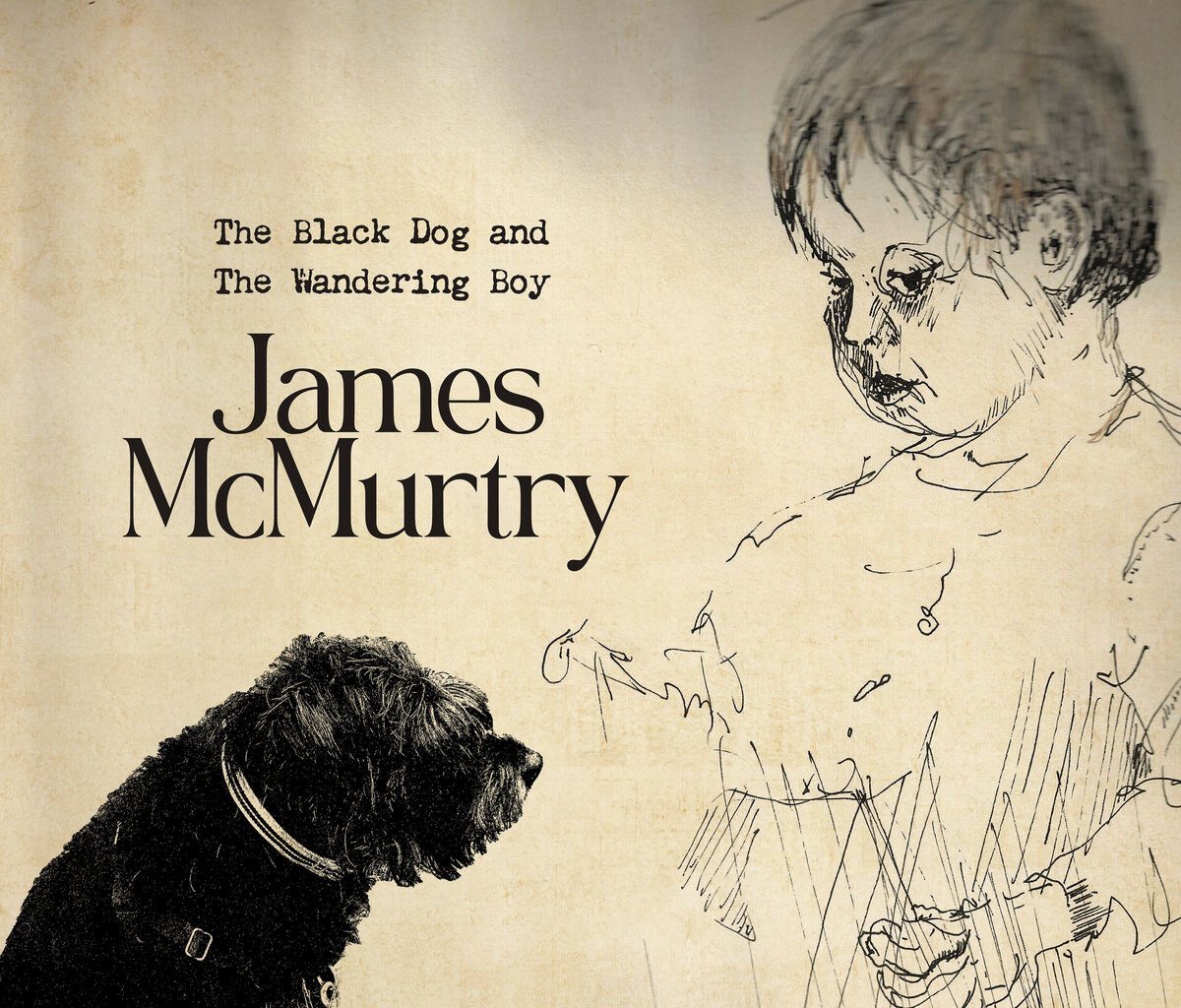
Local critic asks another: “How’s the McMurtry?” Answer: cut-above songs and then the clutch killers. South Austin’s James McMurtry crosses over into permanently mortal territory on The Black Dog and the Wandering Boy. First missive since deep pandemic, his 11th studio album notches all the benchmarks – audiobook tunes, roadhouse Texicana, existential reality – of a typically burning McMurtry lament: aging, America, small miracles and giant fuckups wrought through arrested development governed by naive morality. Bookended by Jon Dee Graham and Kris Kristofferson covers; produced by jangle-pop pioneer Don Dixon; recorded by the equally genius Stuart Sullivan at Wire Recording in Austin; and guesting BettySoo, Sarah Jarosz, son Curtis McMurtry, Charlie Sexton, and cello MVP Diana Burgess, Black Dog and Wandering Boy never flinches. “I see my father with his patience wearing thin/ Sometimes it bothers me to look so much like him,” he nods to Larry McMurtry on the title track. Indeed, lines jump out like hares: “You miss what you’re missing more than you want what you’ve got” (“The Color of Night”). Twin slayers “Pinocchio in Vegas” and “Annie” deserve miniseries, while seething centerpiece “Sons of the Second Sons” documents has-beens who made their names with guns and God: “Salt of the fucking Earth in search of a Caesar.” Crown it with the cover art credit: “Drawing of young James by Ken Kesey.”
This article appears in October 31 • 2025.
A note to readers: Bold and uncensored, The Austin Chronicle has been Austin’s independent news source for over 40 years, expressing the community’s political and environmental concerns and supporting its active cultural scene. Now more than ever, we need your support to continue supplying Austin with independent, free press. If real news is important to you, please consider making a donation of $5, $10 or whatever you can afford, to help keep our journalism on stands.
San Francisco native Raoul Hernandez crossed the border into Texas on July 2, 1992, and began writing about music for the Chronicle that fall, debuting with an album review of Keith Richards’ Main Offender. By virtue of local show previews – first “Recommendeds,” now calendar picks – his writing’s appeared in almost every issue since 1993.
More by Raoul Hernandez

